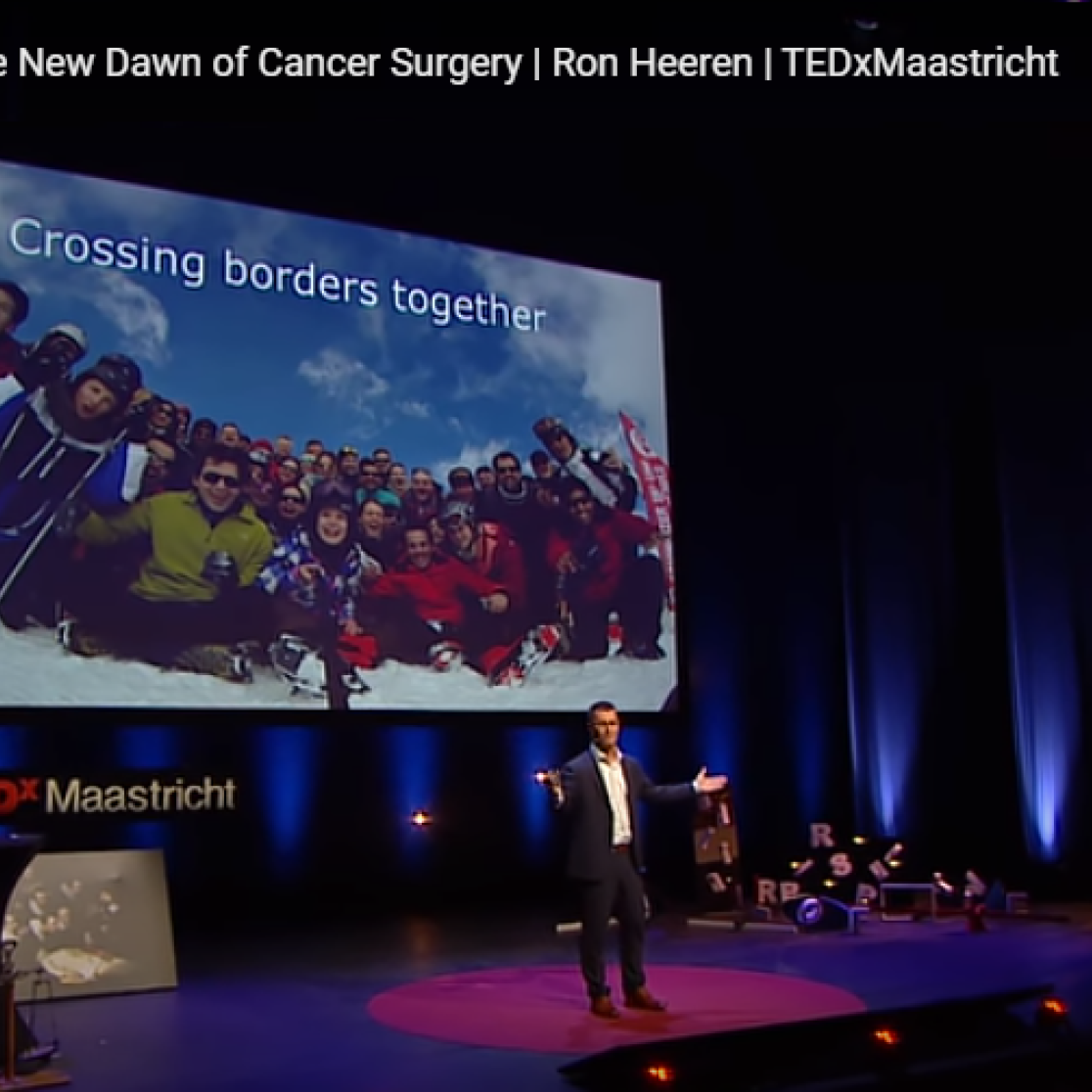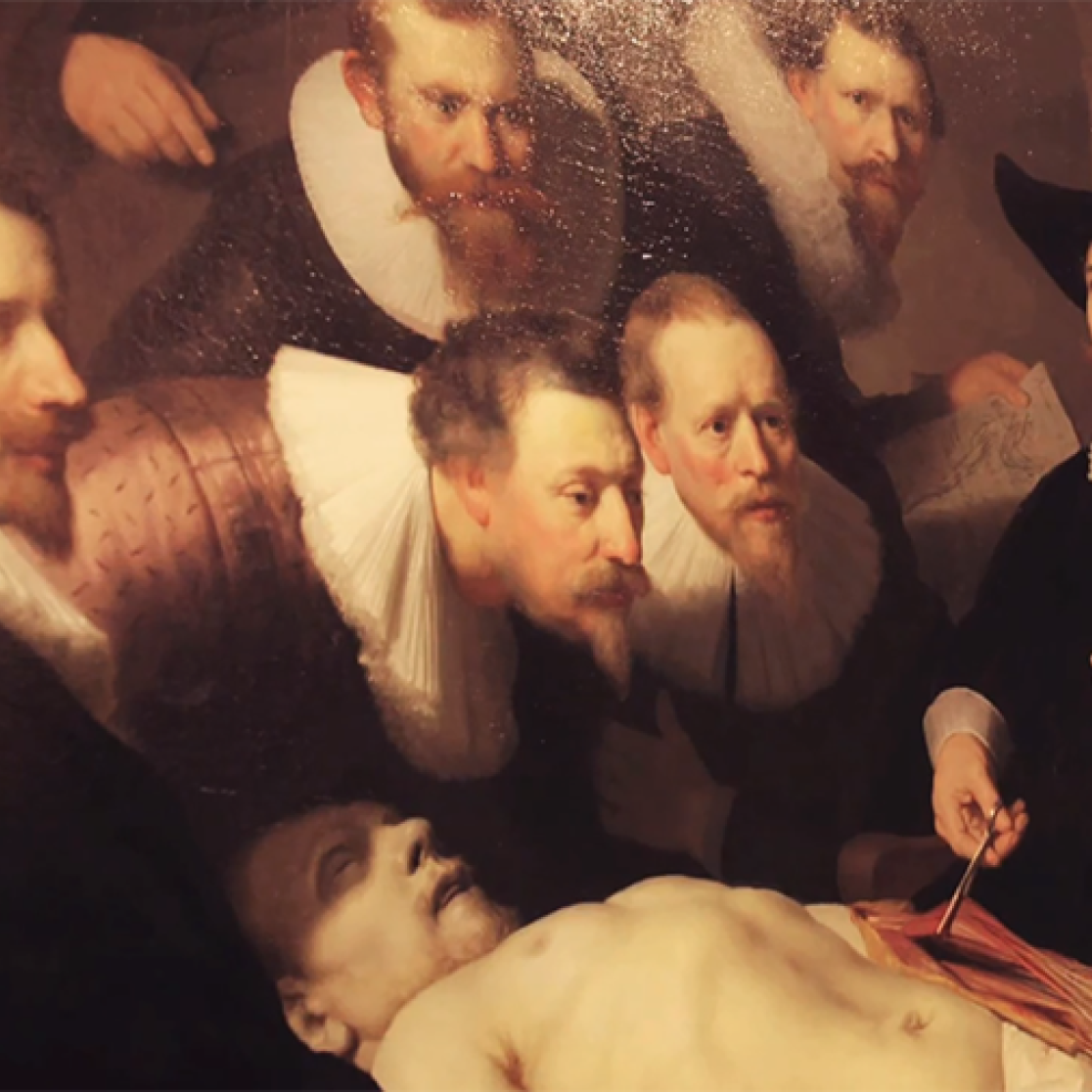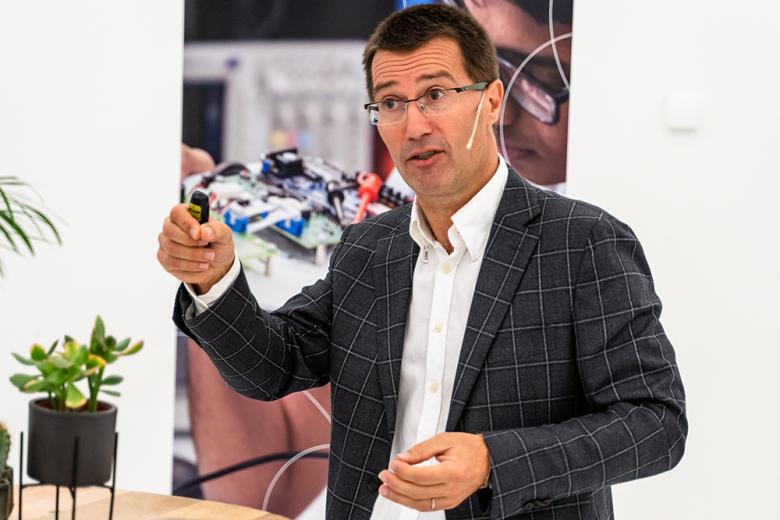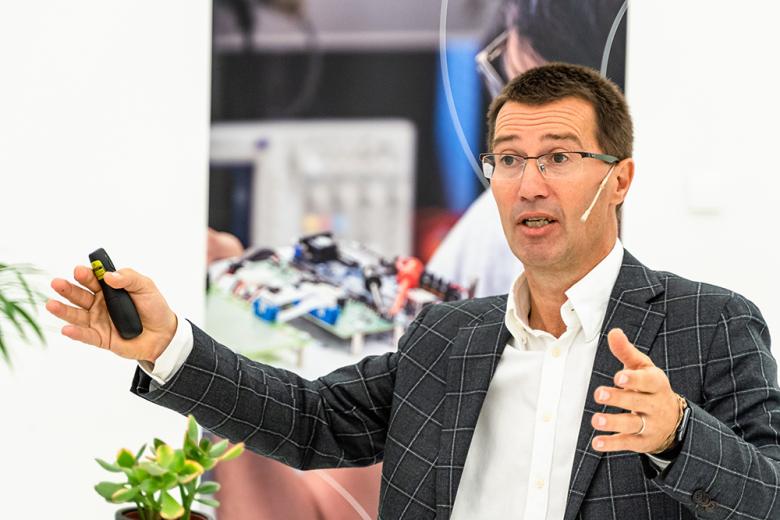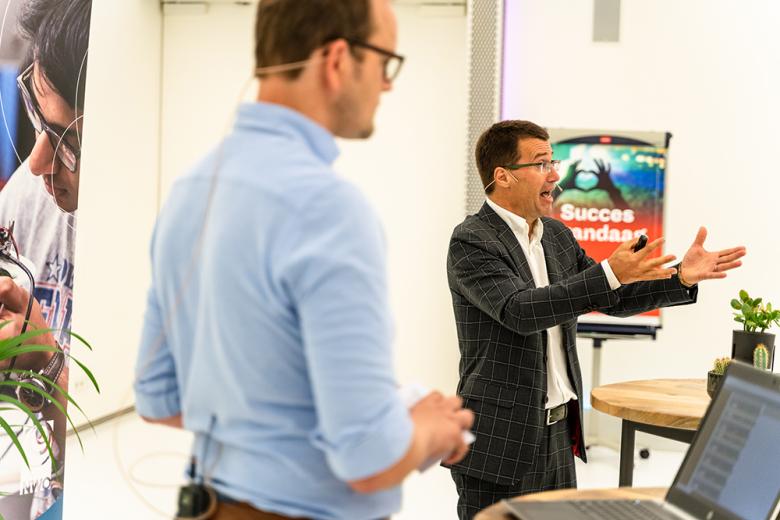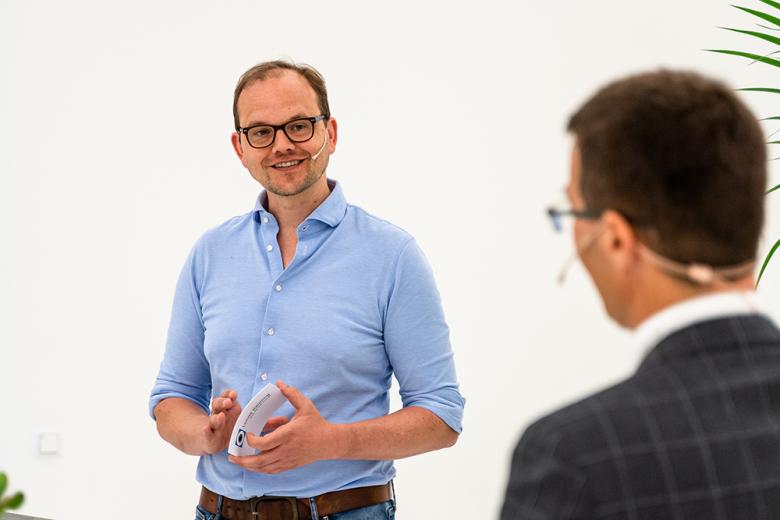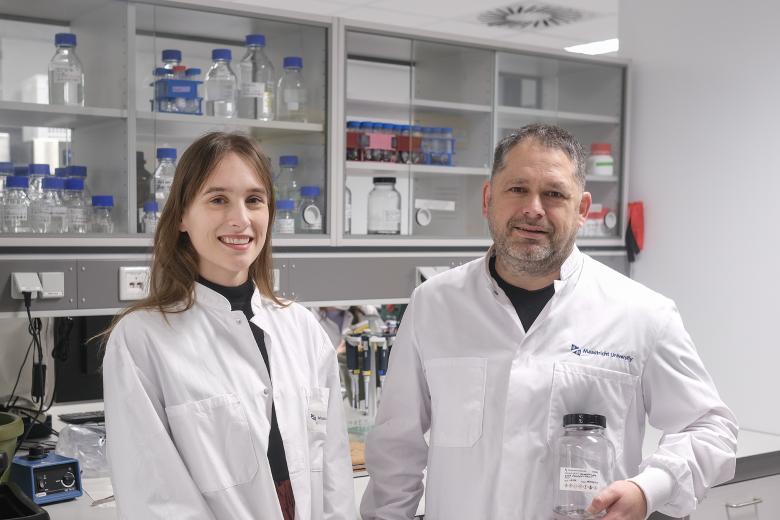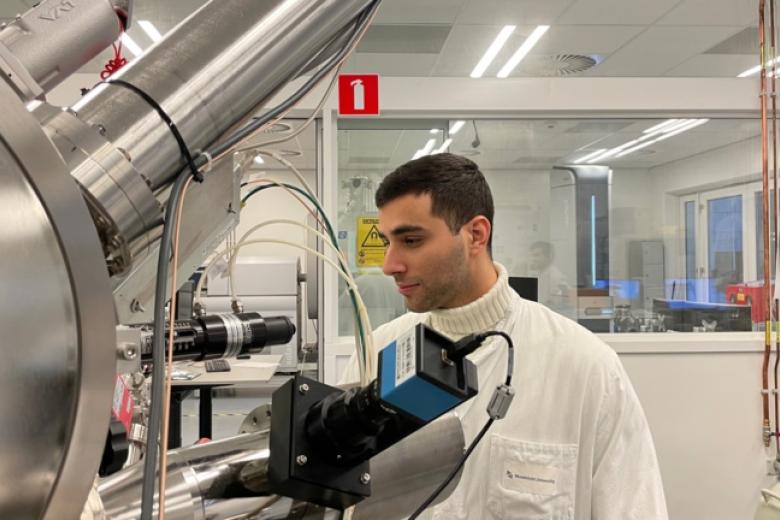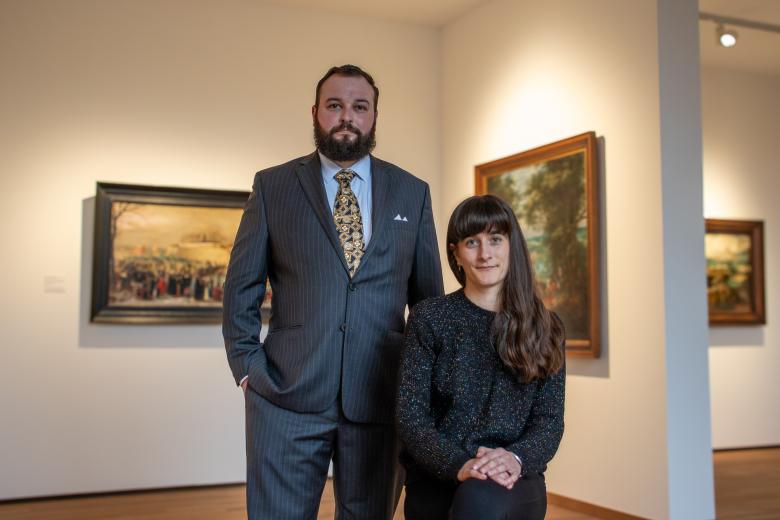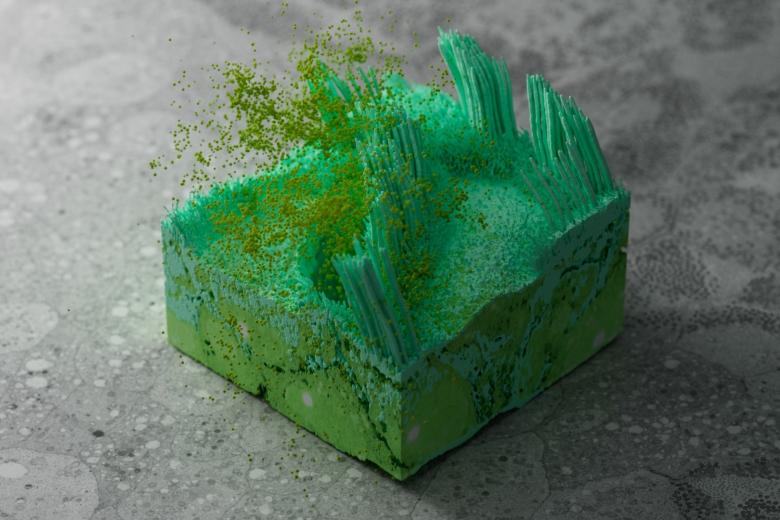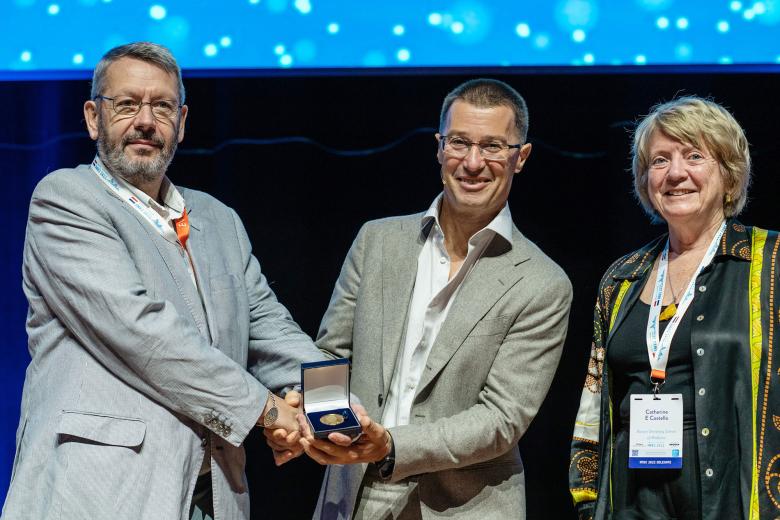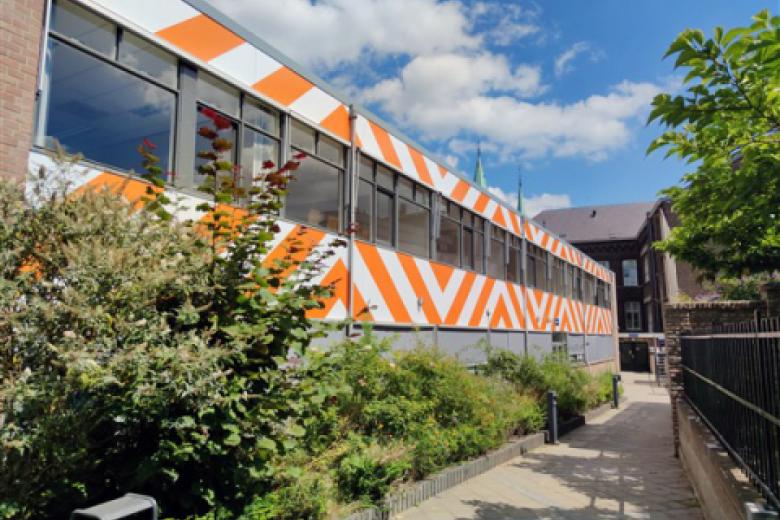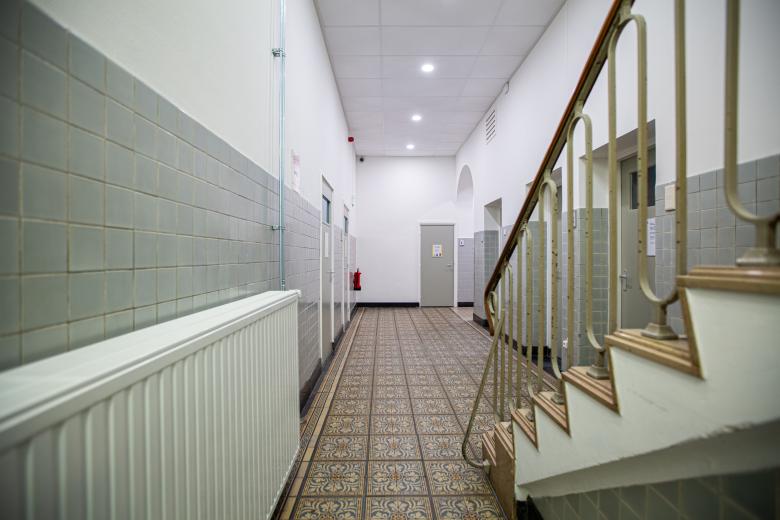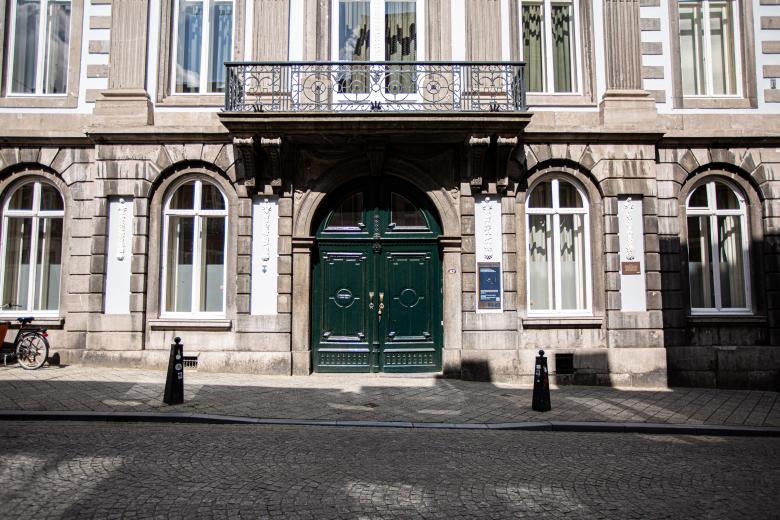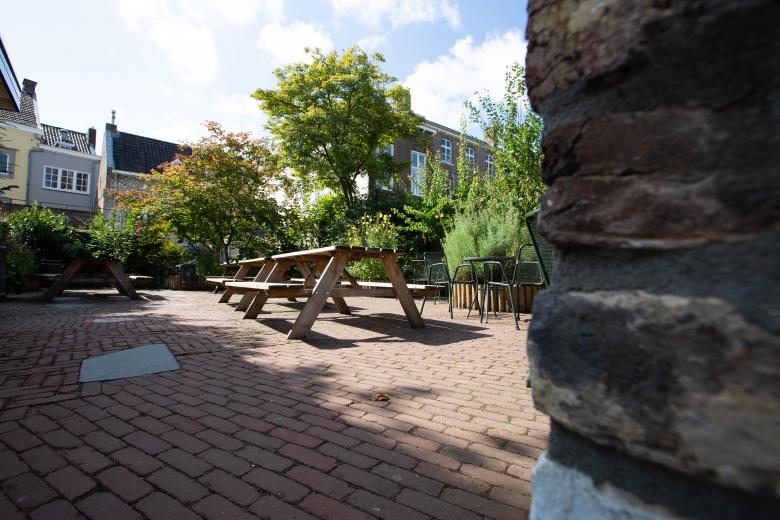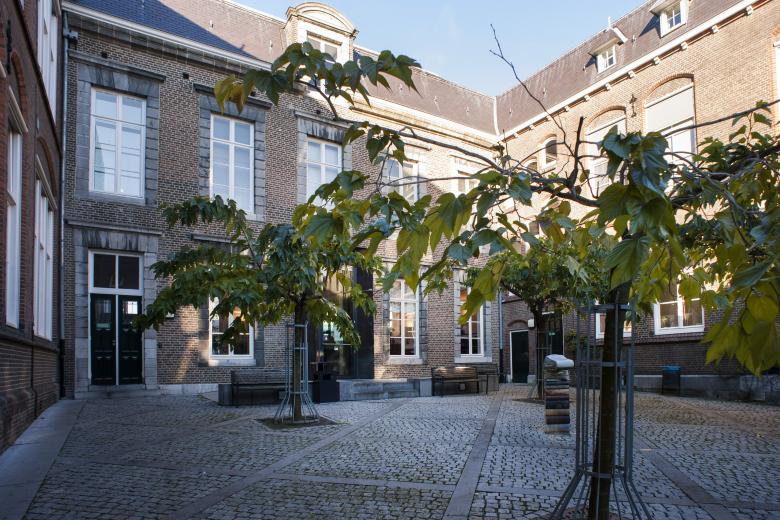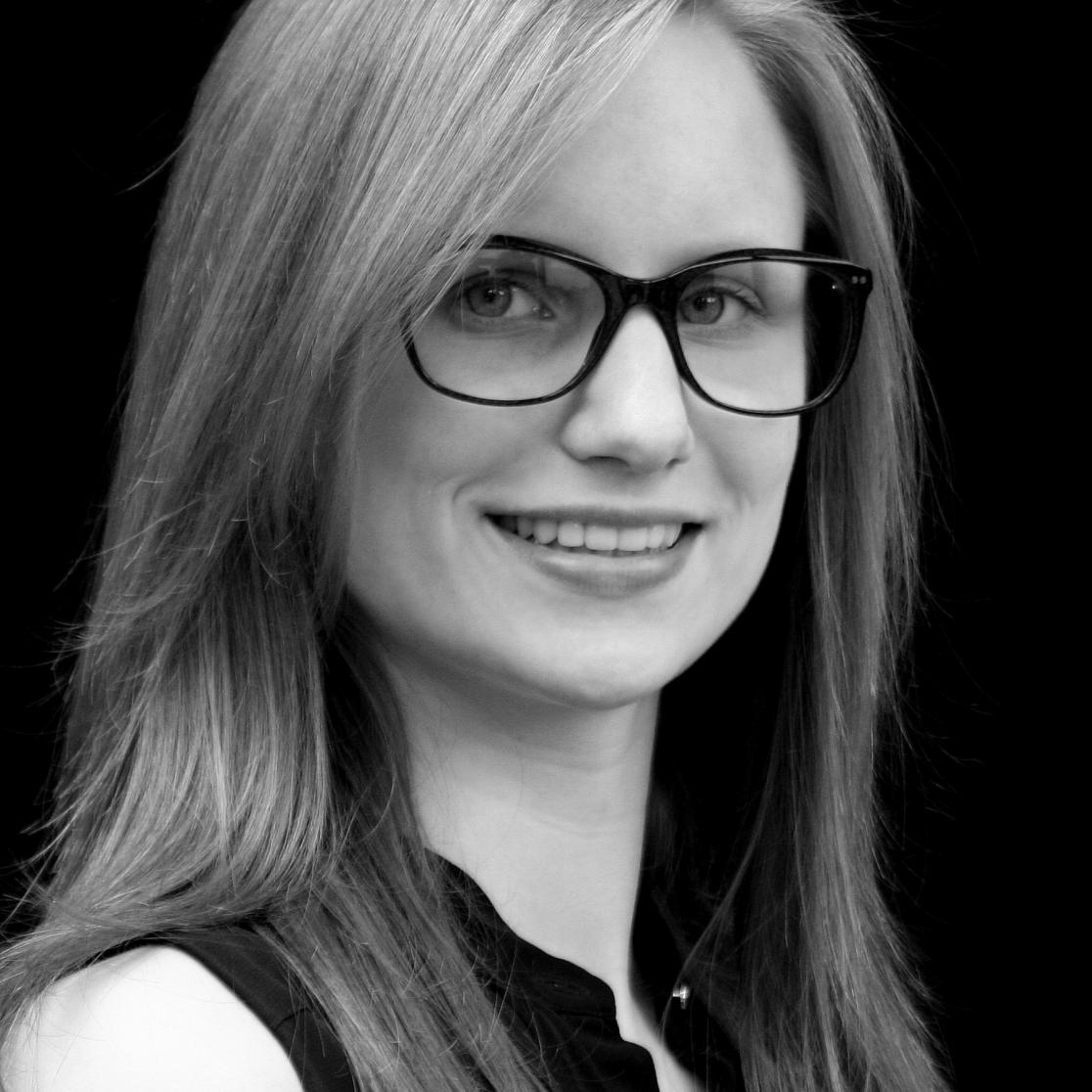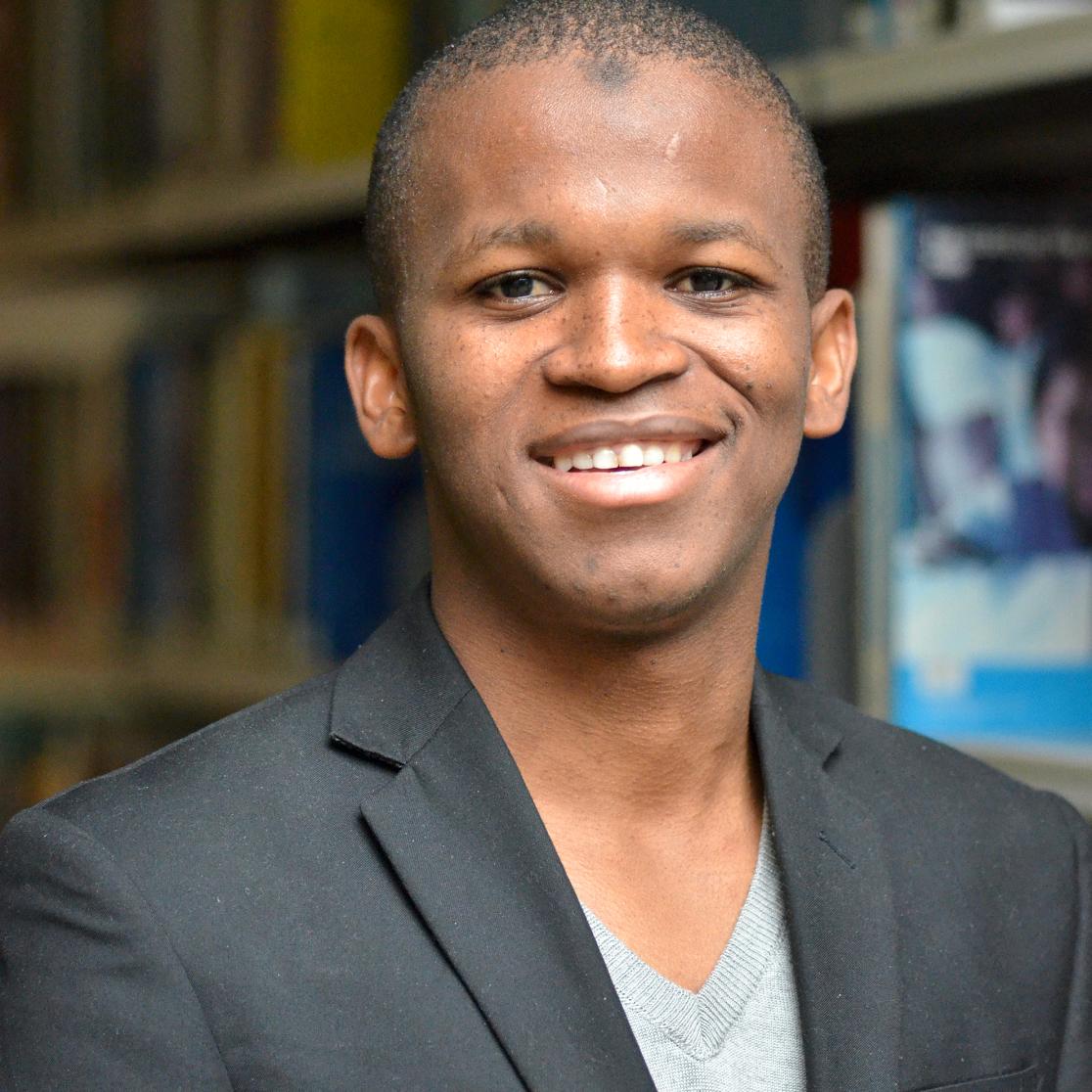Service work and the Recognition and Rewards initiative at UM
We are now launching a survey for all UM academic staff – from Teaching Assistants to Full Professors – who are currently working at Maastricht University in a teaching or research position.
Contributing to the Recognition and Rewards initiative launched by our Rector Rianne Letschert and funded by a Diversity and Inclusivity grant, our project focuses on the question of who, why, and under which circumstances academics at UM engage in citizenship behaviours and how this affects their well-being, personal development and academic success.
Thus, our project is an important strategic, social, and political step in helping UM to live up to the standards and values it has set itself as an inclusive and fair organisation.
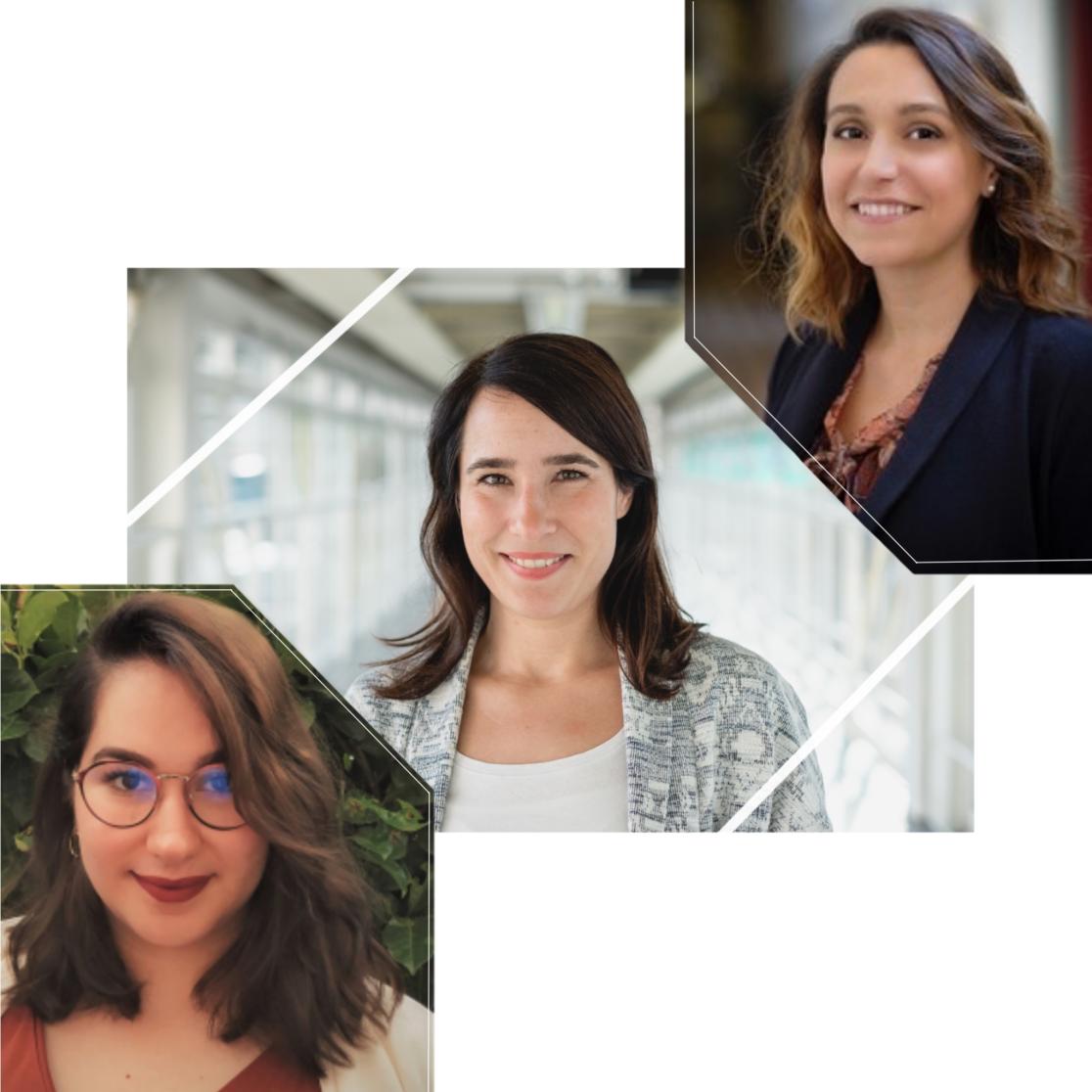
How can you contribute?
Fill in our survey, which you can find by following the green button. The project will include a quantitative survey part as well as qualitative interviews. You can register for all or only parts of the study. With your participation, you directly contribute to advice for UM management and policy, for example more structural acknowledgement of service behaviours in career-based decisions! Furthermore, you get the chance to win one of nine €50-vouchers!
If you have questions about the content of the project or want to know more about the research please reach out to Dr Luana Russo or Dr Annika Nübold.
Luana Russo (PI) is an Assistant Professor in Quantitative Methods at FASoS, and a board member of FEM). Annika Nubold (PI) is an Assistant Professor for Work and Social Psychology at FPN, and a leadership expert (including female leadership) specialized in personality development. Danai Petropoulou Ionescu (assistant) is a Research Master student in the Field of European Studies, specialising in qualitative research methods.
Previous activities
In the first phase of our research, we held focus groups to discuss with the UM community about the topic of service work in the workplace, and how it may or may not impact their success in academia.
Approval ethical commission
Our study has been approved by the ethical commission of the Faculty for Psychology and Neuroscience of Maastricht University (ERCPN-231_154_12_2020). Data collection is entirely confidential, and data analysis and reporting will be fully anonymous. All data will only be used for this project, and you are free to withdraw from this study at any time, without any negative consequences, and without providing any reasons.
